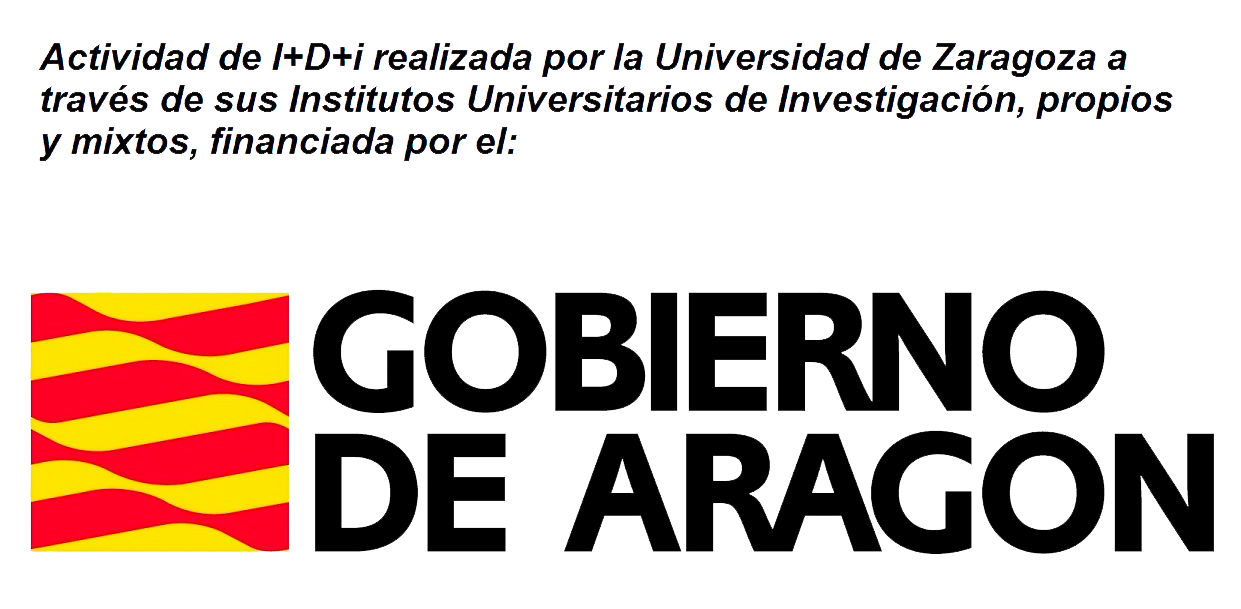Jesus Gómez Gardeñes
Centre: Dpto. de Materia Condensada
Institution: University of Zaragoza, Zaragoza (Spain)
Position: Researchers from the University of Zaragoza
E-mail: gardenes@unizar.es
Phone: 876 555408
Profile: Click here
Personal statement
After obtaining my degree in Physics at the University of Zaragoza in 2002, I started my PhD at the same university. It was precisely in 2002 when the Institute of Biocomputation and Physics of Complex Systems was founded, which I joined as a predoctoral researcher from the beginning. During this period I was also a visiting researcher at Los Alamos National Laboratory (USA) and at the end, I received the ‘Premio Extraordinario’ and the ‘Investigador Novel’ award from the Real Sociedad Española de Física (Spanish Royal Society of Physics). After my PhD, I carried out postdoctoral stays in different centres such as the Scuola Superiore di Catania (Italy), the Weizmann Institute of Science (Israel), and at the Rovira i Virgili University as a ‘Juan de la Cierva’ researcher. After this stage, at the end of 2008, I joined the Department of Applied Mathematics at the Universidad Rey Juan Carlos (Madrid) as a Contract Professor where I was able to continue my research work and start teaching. Finally, in January 2011, I returned to the University of Zaragoza as a ‘Ramón y Cajal’ senior researcher, where since 2023, I am Professor in the Department of Condensed Matter Physics.
Researcher profile identity
As a researcher (R4 level) since 2018, I lead the Theoretical and Applied Modelling group (GOTHAM lab) at the Institute of Biocomputing and Physics of Complex Systems of the University of Zaragoza. My research is focused on finding out how a set of interacting elements comes to have new (emergent) properties that cannot be explained by the individual properties of their constituents or by their simple aggregation. To this end, we use tools from Statistical and Nonlinear Physics, since these allow us to analyse systems with a large number of constituents and to capture the emergence of collective behaviour. Likewise, in order for the models to acquire the necessary realism to simulate the behaviour of real systems, we analyse large databases that inform us of both the relationships (interactions) between their components and their functioning. In short, through the combination of modelling, analysis of massive data and computational simulations, we contribute to a better understanding of the so-called ‘complex systems’ whose application to real systems, as mentioned below, is varied and interdisciplinary.
Why my research is important
In addition to its fundamental importance, the most relevant aspect of my research is its broad spectrum of applications. In recent years, we have contributed to advances in fields such as neuroscience, epidemiology, sociology and logistics. What do these fields have in common? They all face the challenge of understanding systems with a multitude of interacting elements that, as a result of this coupling, exhibit coordinated behaviours. From neurons firing in unison forming synchronous networks in the brain to the creation of traffic jams in cities, my research provides a theoretical and methodological basis for describing, predicting and optimising the behaviour of these complex systems. This approach is key to addressing global challenges such as the spread of disease or climate change and the optimisation of transport and communication networks. Our research has generated tools to predict and mitigate epidemics, optimise transport networks and foster human cooperation, driving fruitful partnerships with public and private entities in the field of health and social welfare.
Know more about me and my research
– https://fmc.unizar.es/personal/jesus-gomez-gardenes
– http://complex.unizar.es/~jesus/
– https://gotham.bifi.es/
– LinkedIn: https://www.linkedin.com/in/jes%C3%BAs-g%C3%B3mez-garde%C3%B1es-04624a65/?originalSubdomain=es
– Facebook: https://www.facebook.com/jesus.gomez.gardenes
– Twitter/X: https://x.com/gomezgardenes?lang=en











